It has been 11 years since Ireland last had an early retirement scheme open to farmers.
Farmers between the ages of 55 and 66 who retired early and transferred their land to a younger farmer could receive a pension of up to €15,000 per year for a maximum of 10 years.
The Farm Retirement Scheme initially had a budget of €418m, but due to the financial crash in 2008, it was slashed to €267m, a similar amount as the current budget for BDGP.
In total, 600 farmers retired under the scheme, releasing 19,808ha of land to younger farmers.
We know what happened in the last scheme, but the question is, what can be considered a success for a future farm retirement scheme?
The stated aim of the scheme was to enhance the age profile of Irish farming, leading to an improvement and modernisation of farming practices.
An analysis of Ireland’s last rural development policy by Idecon found that if the scheme had worked perfectly, the average age of Irish farmers would have reduced by 0.09 of a year.
Idecon’s analysis identified a number of reasons for the low take-up of the scheme prior to its final closure in 2009
However, what happened instead was that the average age increased by 0.37 of a year every year that decade.
It was felt that the previous scheme was not large enough to have a significant impact on the age profile of Irish farmers. For any potential new scheme to be effective, it will have to attract more farmers.
Idecon’s analysis identified a number of reasons for the low take-up of the scheme prior to its final closure in 2009.
One factor was the Single Farm Payment.
At the turn of the decade, farmers had to produce something – whether that was beef, milk or crops – to receive support.
The subsequent decoupling of payments from production meant a farm just had to meet cross-compliance rules to receive a payment. This allowed some farmers to scale back their operation closure to retirement age and maintain the same farm payment.
The social factors associated with farming, including lifestyle and attachment, played arguably the biggest role.
The average age of Irish farmers is 57
Idecon also found that the last scheme may have targeted the wrong age group. The average take-up age was 58, because those at the lower end of the scale benefited the most from the pension to the age of 66.
The average age of Irish farmers is 57, meaning the scheme did not target older farmers, but rather those in the middle age bracket.




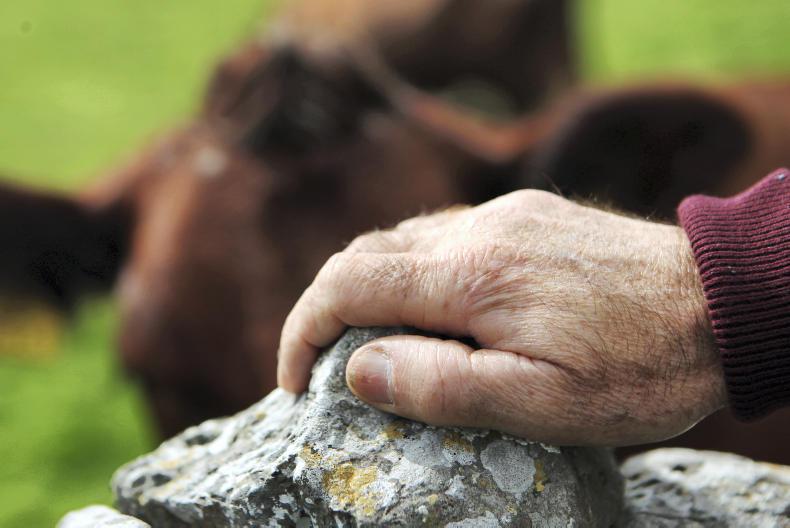
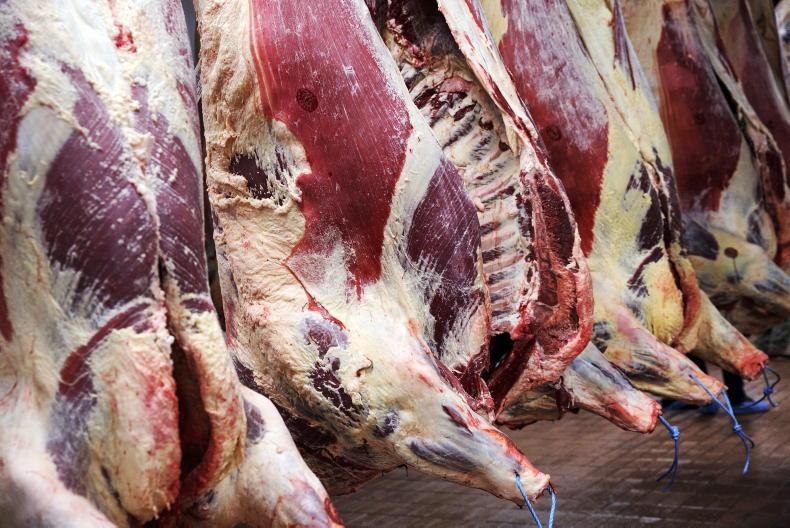

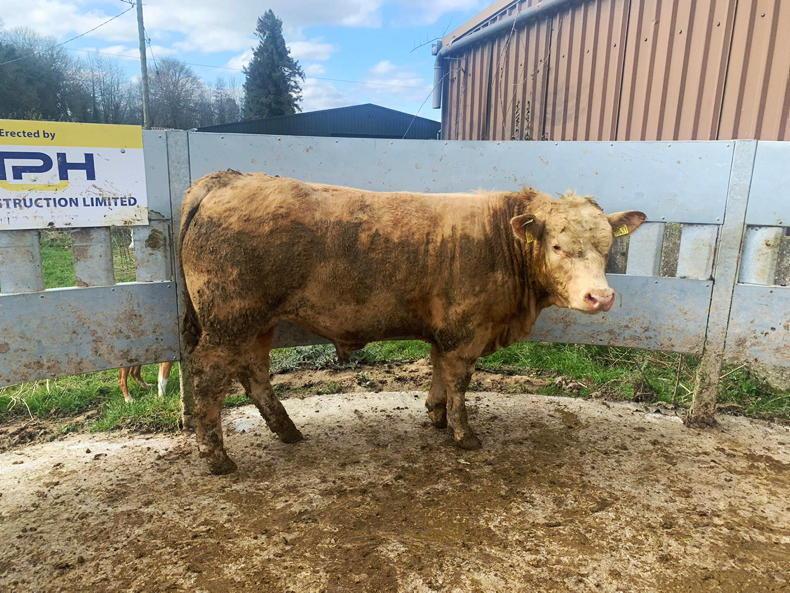
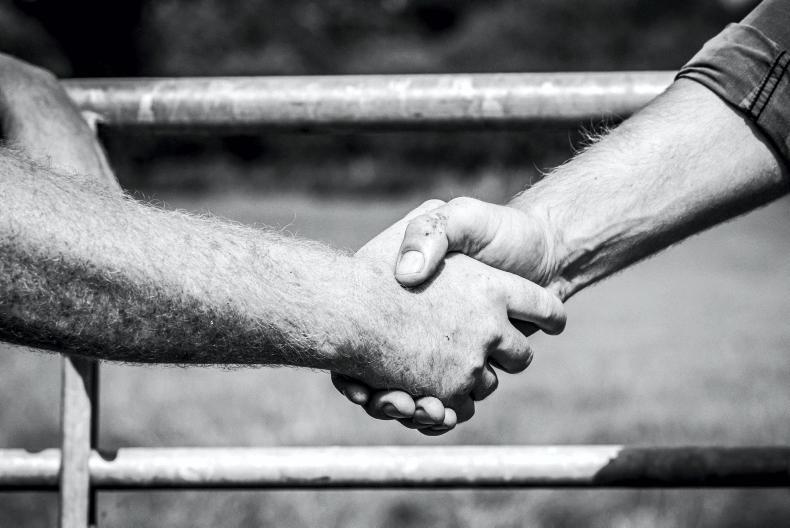
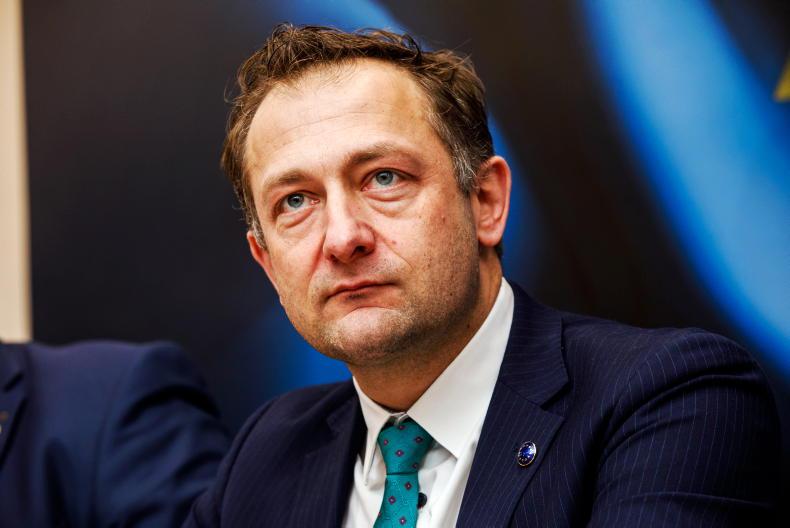
SHARING OPTIONS